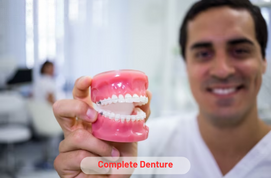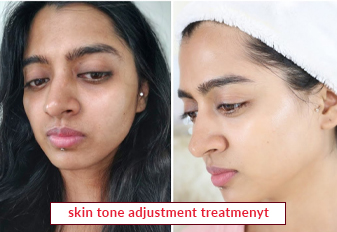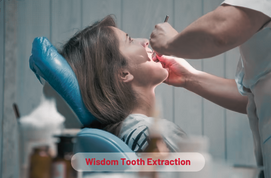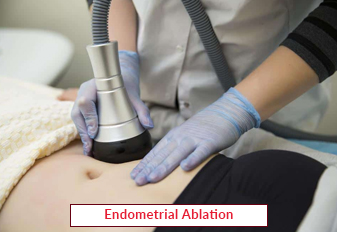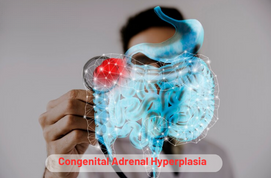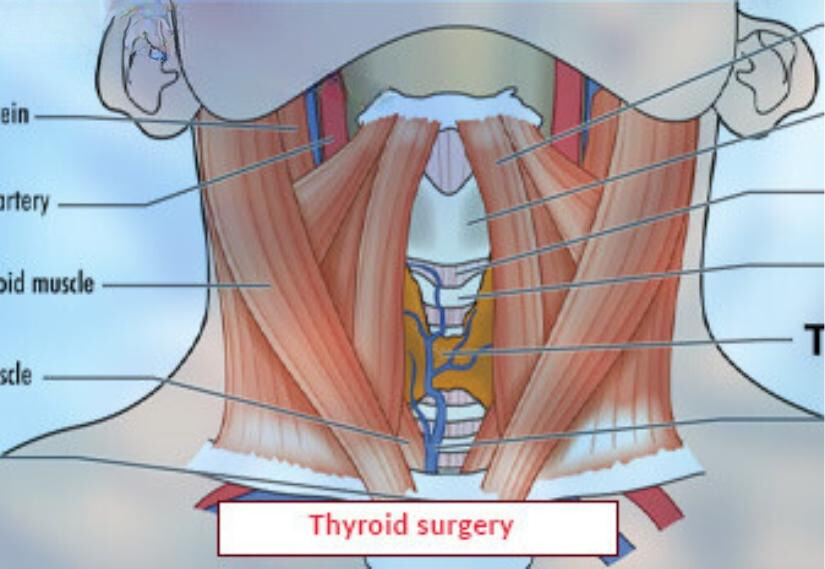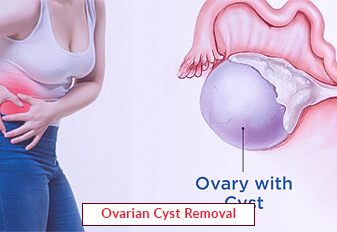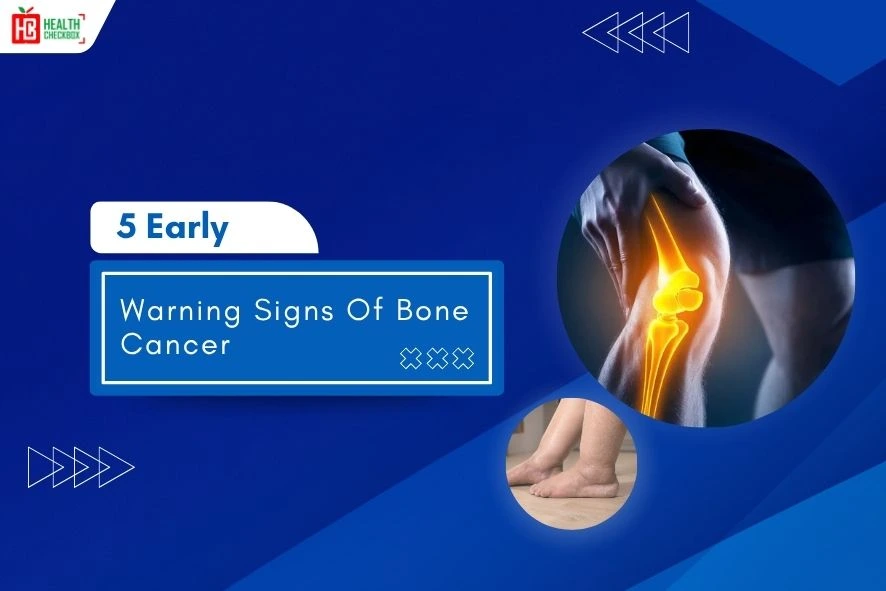Denture treatment involves replacement of missing teeth in your mouth. It consists of several types, which include partial denture, complete denture, implant-supported and others. This process is properly cared for and maintained for seven to 10 years. Complete Denture involves a replacement of the entire arch from the mouth. It is also known as full or whole denture.
Artificial teeth and denture base are the two main parts of complete denture.The soft and hard tissues of the oral cavity support this device. This removable machine uses a prosthetic tool to replace teeth from the top and decreased jaw. It is extracted from acrylic resin. Missing teeth affect both adults and children. It is a common issue for them. If it is left untreated then it results in several symptoms such as tooth decay, gum disease etc.
Various Types of Dentures
Dentures consist of different types. These are as follows:
- Immediate Dentures: These dentures are temporary appliances which will be inserted in the mouth immediately after the removal of all the remaining teeth.
- Overdentures: The removable dentures fit over dental implants or tooth roots. It is usually for those people with few or no teeths.
- Conventional Dentures: These dentures are extracted from acrylic resin. They are different from immediate dentures and can be placed in the mouth after 8 to 12 weeks.
Advantages of Complete Dentures
Complete dentures provide several benefits, which are as follows:
- They replace many teeth and are a highly affordable option for patients.
- It is a non-invasive process, which requires less surgery for complete procedure.
- Complete dentures make a person feel confident.
- You can improve digestion by eating a wide variety of foods.
- It supports both lips and cheeks which helps in maintaining a more youthful appearance.
Indications and Contraindications of Complete Denture
Dentists recommend different indications for this process. These are as follows:
- The teeth are missing with a full arch in the upper or lower jaws.
- The contraindication of surgery for medical conditions of a patient.
- A loss of tissue occurs in the mouth due to cancer. Dentist fills the missing tissue and replaces the teeth in your mouth.
- If a patient experiences bleeding, pain, redness around the gums.
The contraindications of denture are as follows:
- Bone Necrosis: The bone cells are dead in the jawbone which keeps your mouth unprotected. It mainly affects both upper and lower jaws.
- Infected Socket: A gum line is affected from the bacteria after tooth extraction. If you are suffering from this problem, then consult with your dentist immediately.
- Acrylic Allergy: It is a rare condition that leads to pain, burning, swollen tissue, and other common symptoms in patients.
Process of Complete Denture
Your mouth will be examined, which includes jaws, gums, teeth etc. After examination, the thickness of your jawbone is checked through dental X-rays. If you are eligible for denture, then the dentist will discuss the right option with you. This depends on different factors, such as:
- The number of missing teeth.
- Duration of missing teeth.
- Preference of removable or non-removable appliance.
- Jawbone density and volume.
- Personal preferences.
- Relationship between upper and lower jaws.
How are Dentures Made?
The several steps needed to be taken for making complete dentures are as follows:
- Firstly, the dental impressions will be taken in the upper and lower jaws, which include gums, remaining teeth etc. This process requires two impressions, that is, final and preliminary.
- After that, the impressions are sent to the dental lab, and a stone model is crafted for your mouth. A dental technician creates custom dentures through this model.
- After denture customization, the technician starts to build your denture through wax registration blocks, which helps to determine the location of artificial teeth.
- Next, the base of the new denture builds through nylon, acrylic or resin. After that, the artificial teeth are added to the denture. Make sure that the upper and lower teeth fit together properly.
- Once the new denture is created, a technician polishes and makes it shiny. After that, it is sent back for the fitting process.
During Denture Fitting:
The new dentures will be placed into the mouth. After that, a dentist will check the fit for the denture. The excess pressure can be applied on the gums at any area and final adjustments will be made in your denture. An individual visits the office several times for desired fitness. This is because the soft tissue requires time for denture adjustment.
How Dentures Can be Cared and Maintained?
The proper care and maintenance of complete dentures are most important. Below are the following instructions:
- Use a soft-bristled toothbrush or denture brush to remove plaque and food particles from your dentures. Avoid using toothpaste or bleaching products because it will damage your denture.
- The hard or sticky food must be cut into smaller pieces before eating.
- Store your dentures in a denture-cleansing solution or cool water. Avoid keeping your dentures in hot water and let them dry.
- Remove your dentures before going to bed. You must give your mouth a chance to rest and recover.
- Carefully handle your dentures as it leads to permanent and requires costly repairs and replacement.
- You can visit a dentist for regular dental check ups if you have any signs of damage in denture.
Our Other Services
Latest Health Tips
Can Immunotherapy Cure Stage 4 Lung Cancer?
Early Signs of Cervical Cancer
Foods that Kill Cancer: Leafy Vegetables, Grains, & More
What Stage of Cancer is Immunotherapy Used For?
Which is Worse for Cancer, Sugar or Alcohol?
Vaccines That Prevent Cancer
What Kills Cancer Cells in the Body Naturally?
Early Warning Signs of Bone Cancer
Submit Your Enquiry
Testimonials








